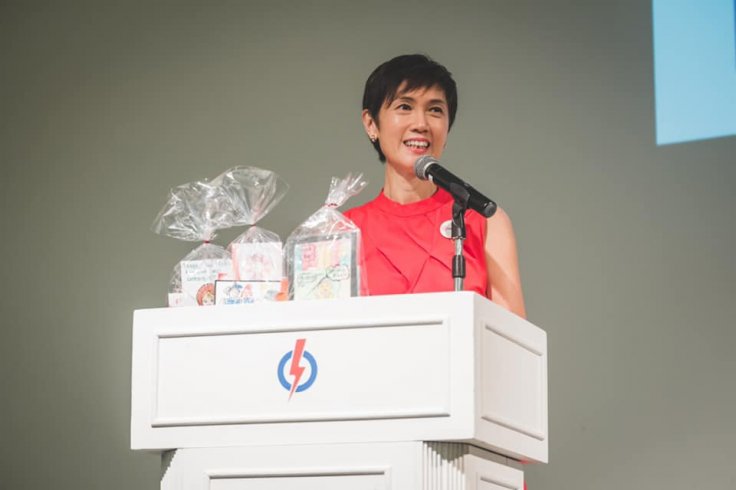Singapore has been a safe haven for many migrant workers for decades. But the Coronavirus pandemic has brought about a change in the richest country (per capita GDP) of Southeast Asia. As its economy is expected to shrink by 4-7 percent over the next few years — a result of the lockdown due to the pandemic — the focus during the General Election 2020 has been on economic recovery and Singapore first.
While many opposition parties have demanded the approach to secure jobs for the citizens of Singapore first, it seems, ruling People's Action Party has already won the round even before the Poll Day on July 10.
PAP Wins Round 1 on Employment
Most of the opposition parties demanded reservation of jobs for Singaporeans during the election campaign. They questioned PAP's intent to deliver that. But incumbent Manpower Minister Josephine Teo said that the PAP government had already made saving jobs for Singaporeans a priority.
She added that the government policies had been tightened to make way for Singaporeans as it could be seen in the COVID-19 relief package where wages of foreign employees were not subsidized. That helped shrink the foreign employment by 60,000 from January to May this year.

"The Jobs Support Scheme is fulfilling its objective of saving jobs and protecting livelihoods. And as a result, when companies have to make a decision on whether to continue with their local employees or to continue with their foreign employees, I think it's quite clear to them where the support from the Government is, and they will make their decisions accordingly," Teo told media during her visit to the SGUnited Jobs and Skills Fair at the Employment and Employability Institute in Jurong East. She added that the government's track record in this matter had been "crystal clear".
Opposition's Claims Baseless
This was a direct response to oppositions ahead of the GE2020. On Thursday, June 2, Progress Singapore Party said that Singaporeans were losing jobs due to foreign workers while Peoples Voice party too pressed the government on freezing S Passes and reducing Employment Passes drastically. But their demands, as per Teo, were outdated as the PAP government had already done that. She said that since 2017, the quotas for S Passes had been tightened while the minimum salary criteria had been raised.
"It would be useful for all political parties that wish to comment on this issue to study the facts of what we have been doing with regard to EP policy, S Pass policy. We welcome comments, we welcome people to put forward good proposals, but it has to be grounded on facts and an understanding of what has actually been happening," she added.
In June last year, SDP was issued a correction direction by the Ministry of Manpower on similar grounds after the former made claims that local PMET (professionals, managers, executives and technicians) employment had gone down.
Teo is contesting in the GE2020 from Jalan Besar GRC, alongside Heng Chee How, Denise Phua and Wan Rizal. They are facing Peoples Voice party line-up of Lim Tean, Leong Sze Hian, Michael Fang Amin and Nor Azlan Sulaiman.
New Schemes for Singaporeans
According to Teo, through Skills Fair and SGUnited Jobs, many more jobs would be created for Singaporeans. She told media that since the initiative had started in March, already 12,000 people had been placed in new jobs.
The PAP government is also in the process to promote employment through professional conversion program and mid-career work attachment that will help companies evaluate trainees and offer them a position in future.
"Right now, to insist that the companies offer a permanent position I think is not a very realistic approach and I think reflects a certain lack of understanding of how the job markets work," she said adding that it was better to have a position for six, nine or 12 months than no positions at all.
She further said that the government would help companies transform to match specialist skills of Singaporeans so they could help grow the business.
"This period of difficulty will not last forever. You can look at it as an opportunity, or you can look at it as a problem and choose not to do anything about it. We choose to look at it as an opportunity," Teo added.









